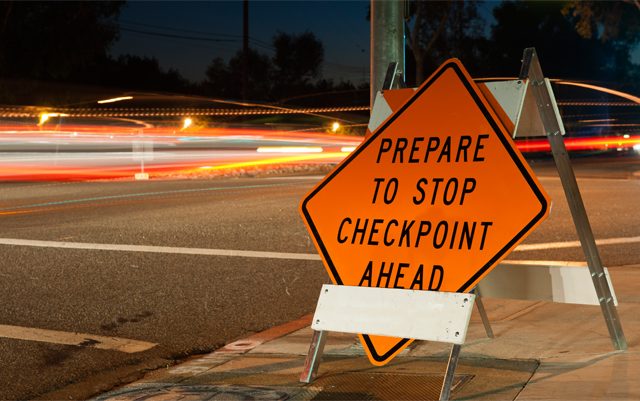One argument we often hear for proponents of continued cannabis prohibition is that many people will drive high. Canadian police officers might be putting that argument to bed, saying they still aren’t seeing any kind of increase in the amount of drivers arrested for cannabis impairment while behind the wheel, according to a story from CTV News.
The Canadian Press surveyed law enforcement agencies throughout Canada, with most reporting that no increase has become apparent. A few had said that it’s still too early to tell, since recreational cannabis only became legal in Canada six months ago. Since legalization, the main issues have been improper storage of cannabis in vehicles and unregulated sales, police say.
Chief Const. Mike Serr of the Abbotsford Police Department in British Columbia said that when it comes to what police focus on regarding cannabis, it’s the organized crime that still profit off of the black market.
“And we still know that organized crime is still involved in the production of cannabis and selling it to the illicit stores, and we’re still on top of those when they come to our attention,” Serr said.
Chief Serr went on to say that police are mainly concerned with hard drugs that are doing the most harm to Canadians, seemingly suggesting that cannabis isn’t much of an issue.
“But most police departments are still really focusing on the drugs that we know that are killing people, the opiates and methamphetamines that are causing major concerns across the country,” he said.
Some Canadian police say that more information and better testing will be necessary to accurately tell how many drivers are stoned. The Canadian government recently approved a second device for testing drivers’ saliva for cannabis.
Cannabis officially became legal for adult-use throughout Canada back in October of 2018. Police in Toronto had arrested only two people for being under the influence of cannabis three weeks after legalization began. In 2017, Canadian police arrested 60 instances of drug impairment, although the numbers aren’t clear as to how many of those were for cannabis. Comparatively, 1,154 drivers were arrested for driving under the influence of alcohol in 2017.
Many Americans believe that the apparent success our neighbors to the north are experiencing with legalization could serve as a blueprint for the U.S. to follow. As our readers are more than likely aware, cannabis is still classified as a Schedule 1 drug with ‘no accepted medical use’ here in the United States, despite the fact that 33 states and counting have legalized marijuana for that very purpose.






